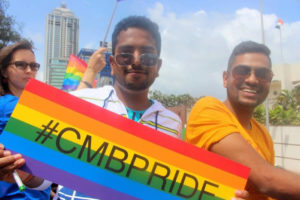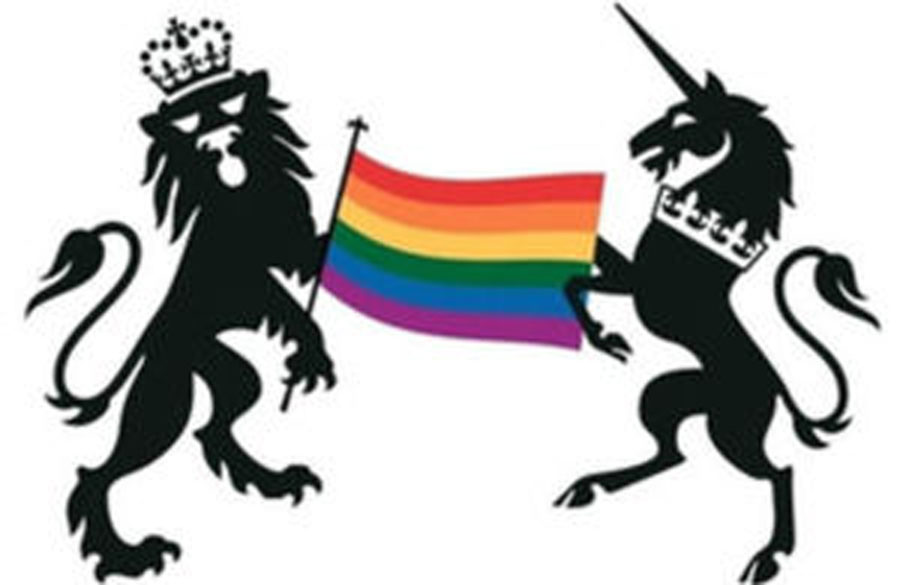
On 27th July the United Kingdom will mark the 50th anniversary of the partial decriminalisation of homosexuality. On this day in 1967 the Sexual Offences Act was passed, decriminalising same-sex acts between consenting adults over the age of 21. Homosexual acts had until then been outlawed by legislation passed in the nineteenth century.
Today we take pride in the UK’s commitment to non-discrimination on any grounds, including sexual orientation and gender identity. We talk openly about our commitment to promoting and protecting rights for lesbian, gay, bisexual and transgender (LGB&T) people, recognizing not only that they deserve to be accorded the same dignity, respect and rights as other citizens, but that it’s in all of our interests that this is so.
In the British foreign service we are conscious how much thinking and attitudes have changed in our lifetimes. Thirty years ago our diplomatic service rules still forbade our diplomats from being openly LGB&T, even though same-sex acts had been decriminalised twenty years earlier in 1967. These days Britain’s high commissioners and ambassadors round the world promote and explain our message of non-discrimination. It’s a message that reflects not only government thinking but much wider thinking in today’s UK.
We are proud how far we have moved and where we are now. The UK today welcomes the enormous contribution the LGB&T community contributes to making our society vibrant, diverse and prosperous. In Westminster our Members of Parliament are now able to talk about their sexuality with confidence. They can now be open about being LGB&T, as many are. We have one of the world’s strongest legislative frameworks to prevent and tackle discrimination, including on the grounds of sexual orientation and gender reassignment. The UK is recognised as one of the most progressive countries in Europe for LGB&T rights, testament to what has been achieved.
Despite this, we know that we cannot be complacent. There is more to be done on our journey towards being the inclusive and fair society we aspire to be. As we mark the 50th anniversary of the Sexual Offences Act 1967, the Government is launching a national survey that will ask the 1.5million LGB&T people in the UK to share their views on public services in order to inform policy making that will help to overcome prejudices that persist.
In Sri Lanka, the British High Commission has worked with Equal Ground (a non-profit organisation seeking human and political rights for the LGB&T community of Sri Lanka) to help them draw attention to the rights, needs and aspirations of all LGB&T Sri Lankans. We have supported annual Pride activities, for example, including corporate forums that advocate for non-discrimination policies in the workplace.
The most successful societies are those in which all citizens live without fear of discrimination. Whichever country we come from, empowering all people, whatever their sexual orientation, to play a full and active part in the lives, the business, the politics of our communities brings success.

